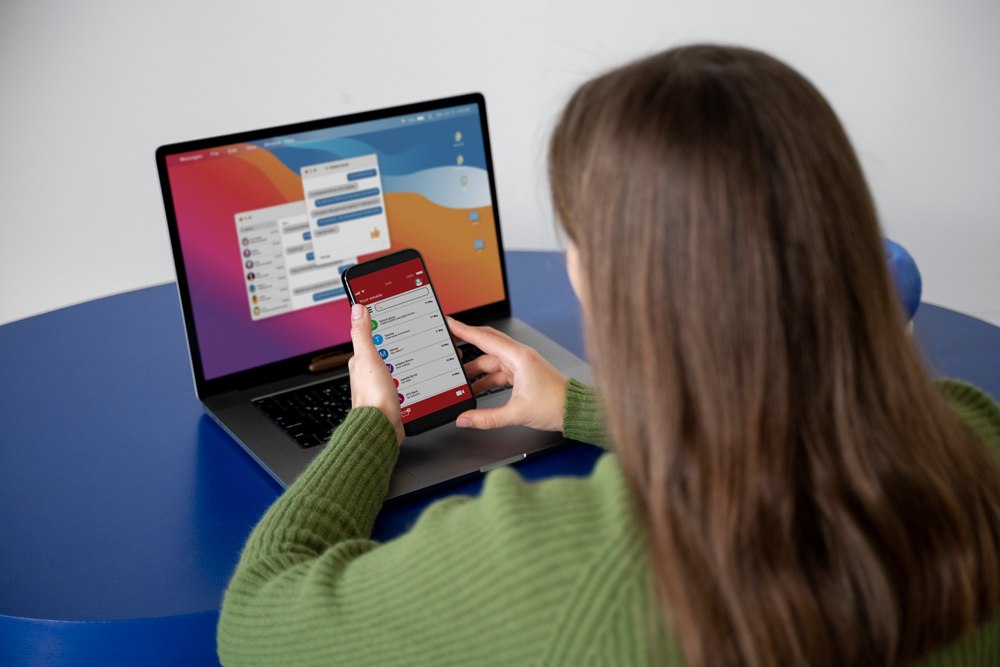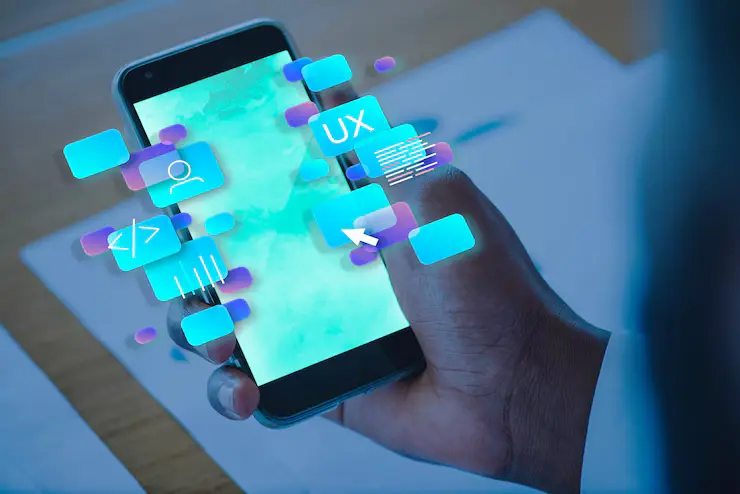App Development Isn’t Just About Code – It’s About Customer Psychology

When people think of app development, they often imagine lines of code, tech stacks, and programming languages. But here’s something you won’t hear enough: successful apps are built with psychology as much as with technology. The logic behind user behavior, emotions, and decision-making is what makes an app not just usable—but irresistible.
Why Psychology Matters in App Development
An app may be technically flawless and still fail to engage users. Why? Because users don’t interact with apps like machines—they behave like humans. They get distracted, forget passwords, abandon carts, tap impulsively, or scroll endlessly without intent. Understanding these behaviors is the secret sauce behind every viral, sticky, and high-retention app.
Take TikTok, for instance. Its addictive scroll experience isn’t an accident. It's the result of deep psychological insights—specifically, the variable reward system, a principle borrowed from behavioral psychology. Users never know what video comes next, triggering a dopamine-driven loop that keeps them hooked.
The Science Behind Great UX
User Experience (UX) is more than clean design—it is about reducing friction and matching the mental models of users. Think of how Instagram’s heart icon or Uber’s real-time car tracking became instantly intuitive. These weren’t just design choices; they were psychological decisions based on cognitive ease—the idea that the brain likes things that are easy to process and understand.
A lesser-known yet powerful psychological concept used in apps is Hick’s Law, which states that the more choices a user has, the longer it takes to make a decision. That’s why minimalist menus, one-tap logins, and simplified interfaces aren’t just trends—they’re strategies.
Emotional Design = User Loyalty
Apps that evoke emotion are apps that stick. This is where emotional design steps in. Whether it’s Duolingo’s quirky owl celebrating your daily streak or Spotify’s year-end “Wrapped” feature, these little touches trigger positive reinforcement and emotional satisfaction.
Interestingly, studies show that emotion drives loyalty more than logic. A user has the tendency to forget the features that the app they used had, but they will not forget the experience they had with the app. Developers who understand this build stronger, longer-lasting user relationships.
It Starts at the Wireframe
Here’s something unconventional: psychology should come in before the first line of code, right at the idea and wireframe stage. Mapping out user journeys—what motivates users to download, engage, or return—should be part of the development DNA.
Using tools like empathy maps and persona modeling can guide developers to make smarter decisions. Ask: What problem is the user facing? What emotions do they experience after opening the app? What action do they expect next?
The Future of App Development is Human-Centered
As technology gets smarter, the human brain remains beautifully complex. Developers who design with empathy, emotion, and behavioral insights are the ones who create not just apps—but experiences.
Code makes your app functional. Psychology makes it unforgettable. Contact Javin for a customized mobile app development!




